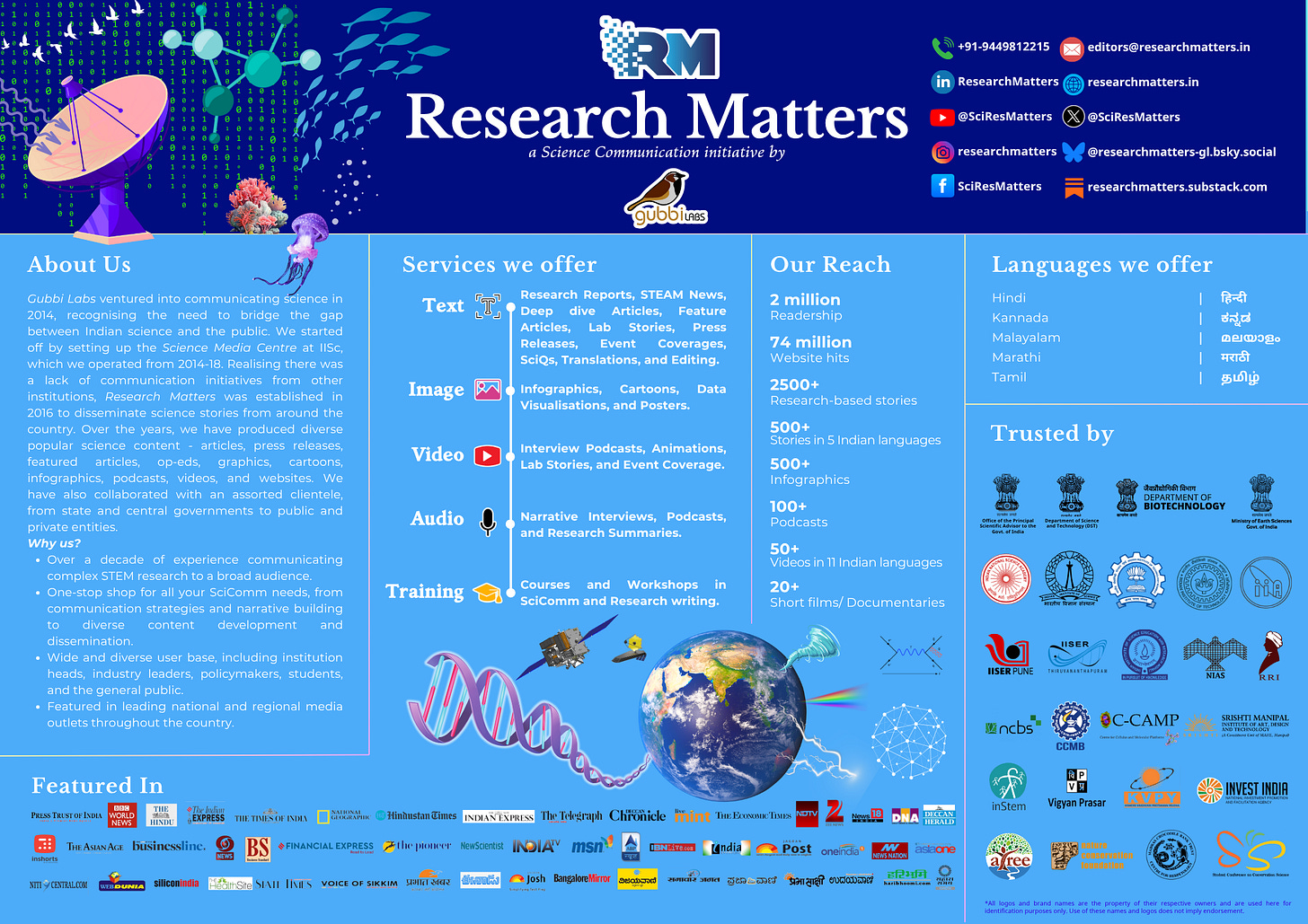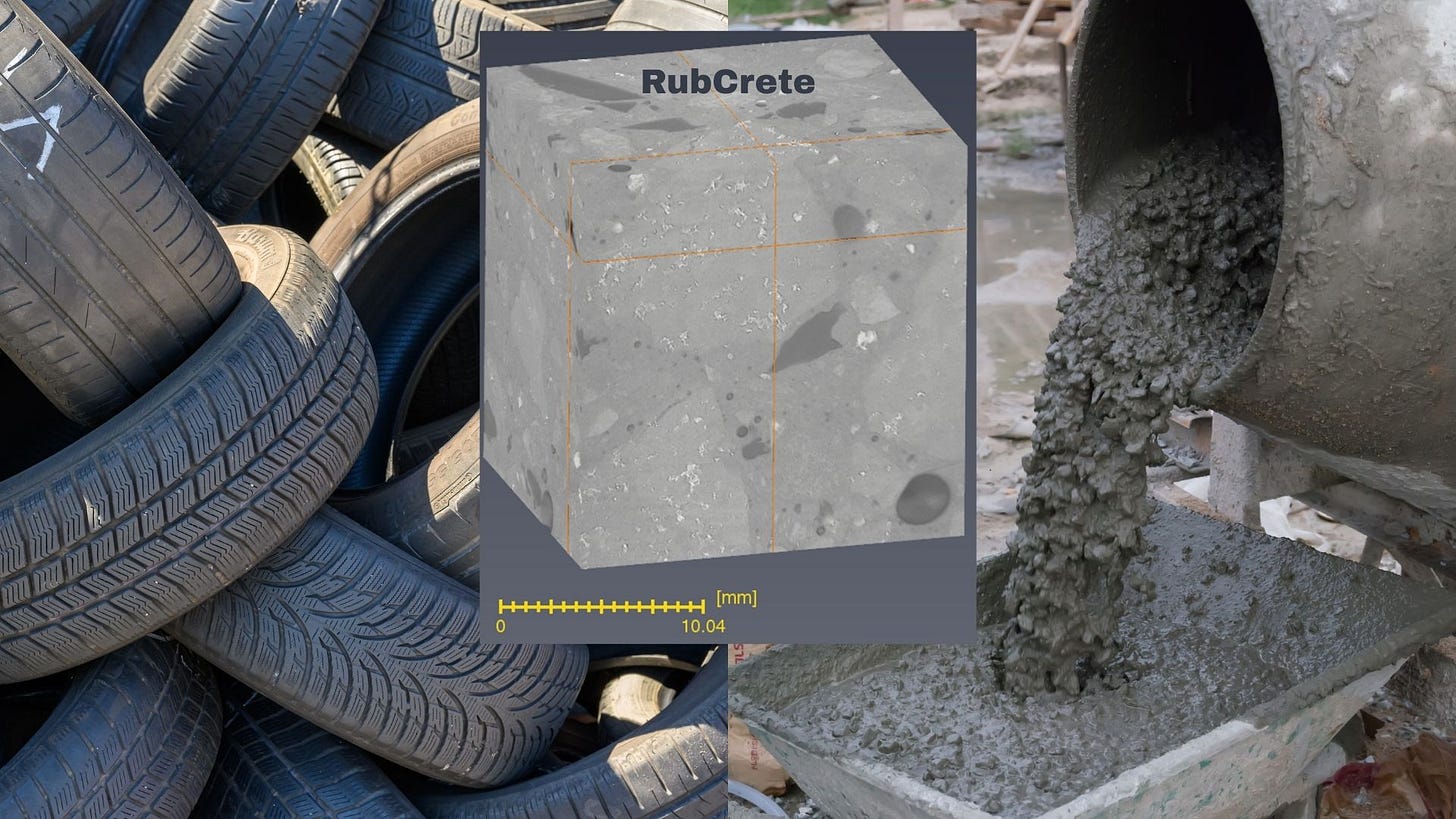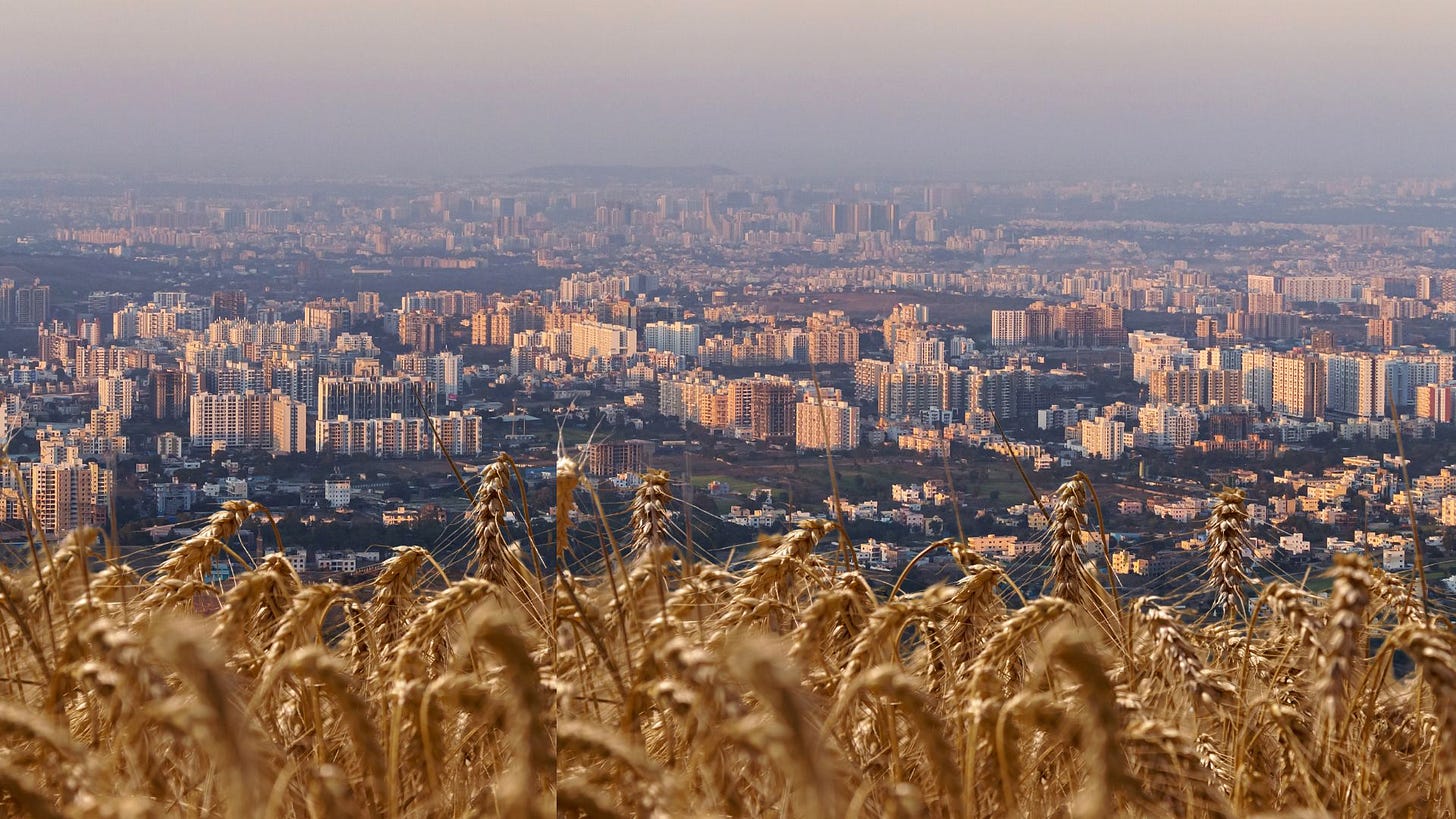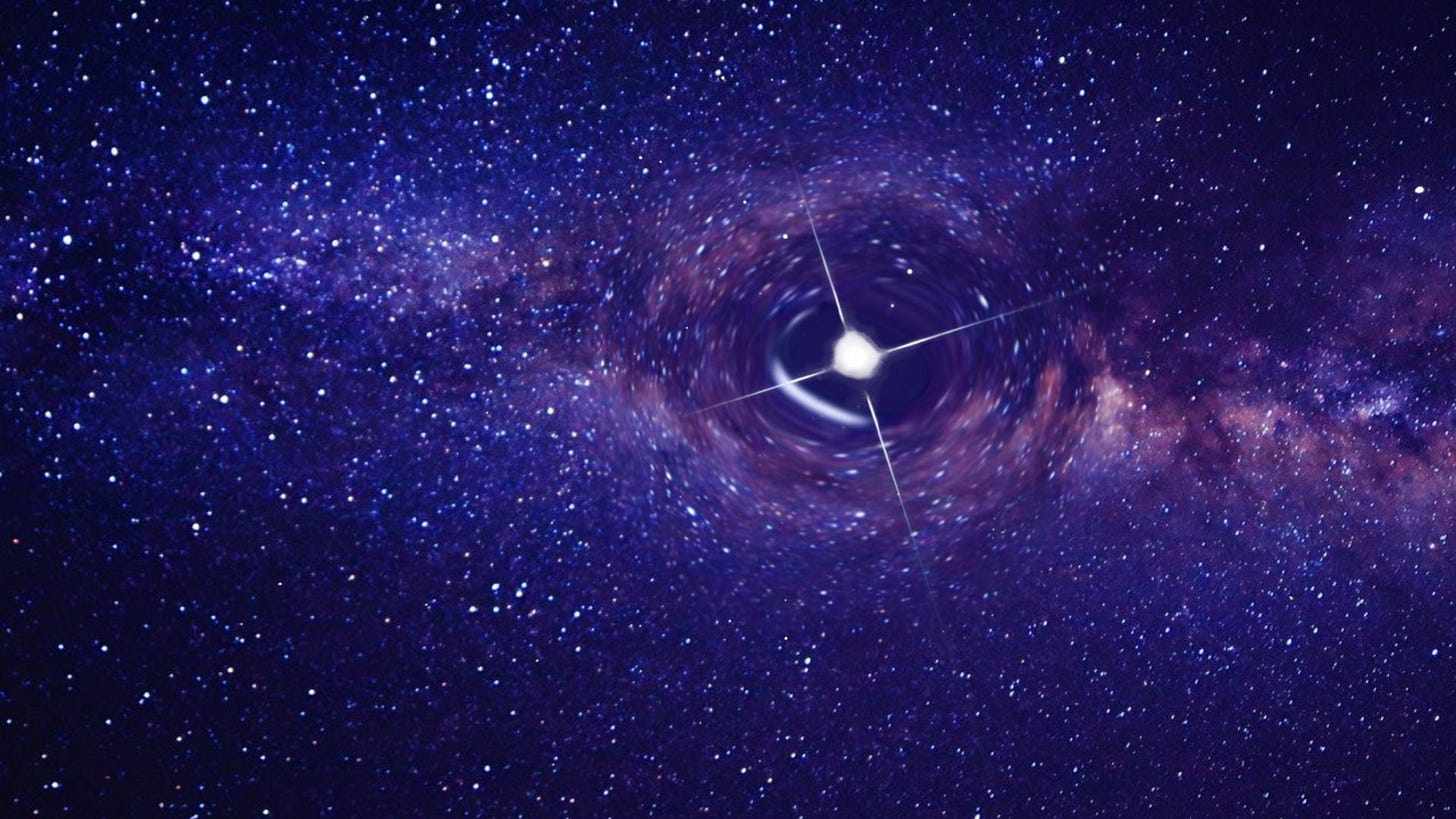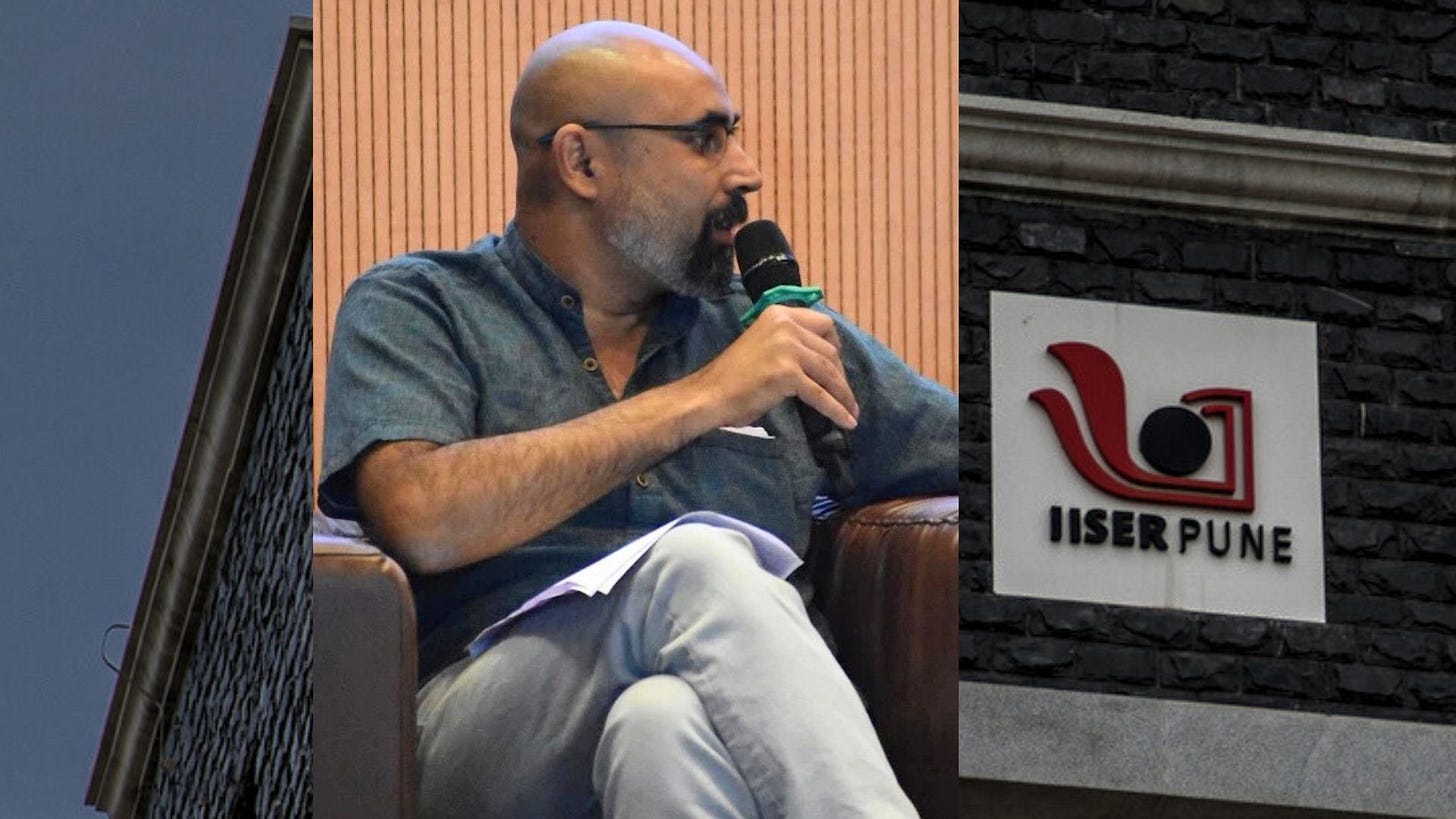RubCrete, Origins of the Coorgs, Crop Stress Map, Gravitational Lensing, PCOS and more...
Weekly Newsletter | Issue #22 - 28 May, 2025
Greetings from Research Matters!
For over a decade, Gubbi Labs and Research Matters have been the one-stop shop for all your science communication needs. Over the years, we have collaborated with a diverse range of institutions, creating a broad spectrum of content. From articles and graphics to videos and podcasts, our experienced team can help you craft compelling narratives that simplify complex science. We also work with organisations to develop and disseminate content tailored to different outreach platforms. Reach out to us today at editors@researchmatters.in.
We need your support! As a small team, it has often been challenging to produce science and research-based content, including daily articles, weekly infographics, comics, and newsletters. If you like our work and want to support the growth of a small science newsroom, kindly consider donating.
This week, learn about some of the biodiversity in India with our infographic. If you’d like to contribute to mapping biodiversity, check out some mapping tools.
In this week's stories, we explore the microscopic structure of RubCrete, the genetic origins of the Coorgs, a crop stress map for the Pune district, gravitational lensing in multimessenger astronomy, the effect of PCOS on the brain, and more. We are also pleased to share the latest blog by Prof. G. V. Pavan Kumar on the lessons he has learned in academia. In the regional section, we have stories in Hindi and Marathi. There are also STEM stories from other Indian media outlets. Check out the events section for all this week's public science events. Don’t forget to check out Scidle - the science wordle, for a new science word every day.
Stories in this edition
Understanding RubCrete: How waste tyres are making concrete tougher and greener | IIT Bombay
A microscopic look reveals how the unique ‘handshake’ between rubber and cement could be key to durable, sustainable construction.
Genetic studies show Kodavas of Coorg have a complex, unique past | University of Delhi, CSIR-CCMB
Researchers studied the Kodava people's genetic code and found three genetically distinct ancient subgroups in their timeline.
Crop stress-maps reveal where farming is toughest in Pune | ICAR- NIASM, ICAR-NBSSLUS
ICAR Researchers developed a detailed map showing the areas in Pune most affected by abiotic crop stresses, such as extreme temperatures, drought, poor soil quality, and poor or excessive rains.
Gravitational lensing opens a new frontier in multi-messenger astronomy | The Royal Society, IUCAA, Others
A new publication introduces the rapidly growing field of multi-messenger gravitational lensing, which combines gravitationally lensed signals, like gravitational waves, light or neutrinos to observe events in the universe.
PCOS Likely To Compromise Attention-Based Tasks In Affected Women, Hints A Study | IIT Bombay
Task-based tests reveal that PCOS impacts women’s focused and divided attention, decreasing speed of response by about 56% and accuracy by about 10%.
Guest Post: 15 years at IISER Pune – Journey so far by Prof G V Pavan Kumar
International Day for Biological Diversity 2025
Science Games & Puzzles
Try the science wordle game - Scidle, and share your score with the world!
Regional
Hindi (हिन्दी):
रबक्रिट: अपशिष्ट टायर के प्रयोग से शक्तिशाली एवं हरित कंक्रीट का निर्माण
एक अध्ययन के अनुसार, पीसीओएस विकार महिलाओं के एकाग्रता संबंधी कार्यों में उनका ध्यान विचलित कर सकता है
Marathi(मराठी):
रबक्रीट: निरुपयोगी टायर वापरून मजबूत आणि हरित काँक्रीट
पीसीओएस ग्रस्त महिलांमध्ये एकाग्रतेने करायच्या कामात अडचण येऊ शकते, असे अभ्यास दर्शवतो
Research Beat | Research-based news in other media
India's HAP prototype, built for border patrol, completes key test - Times of India
Government to unveil Bharat Forecasting System on May 26 - The Hindu
Research scholars upset over DST’s delay in release of stipends - The Hindu
Eroding Scientific Rationality Is Undermining Knowledge Production in India - The Wire India
‘Indian science has always been a global front runner’ - Hindustan Times
Jayant Narlikar: Remembering the Indian scientist who challenged the Big Bang theory - BBC




